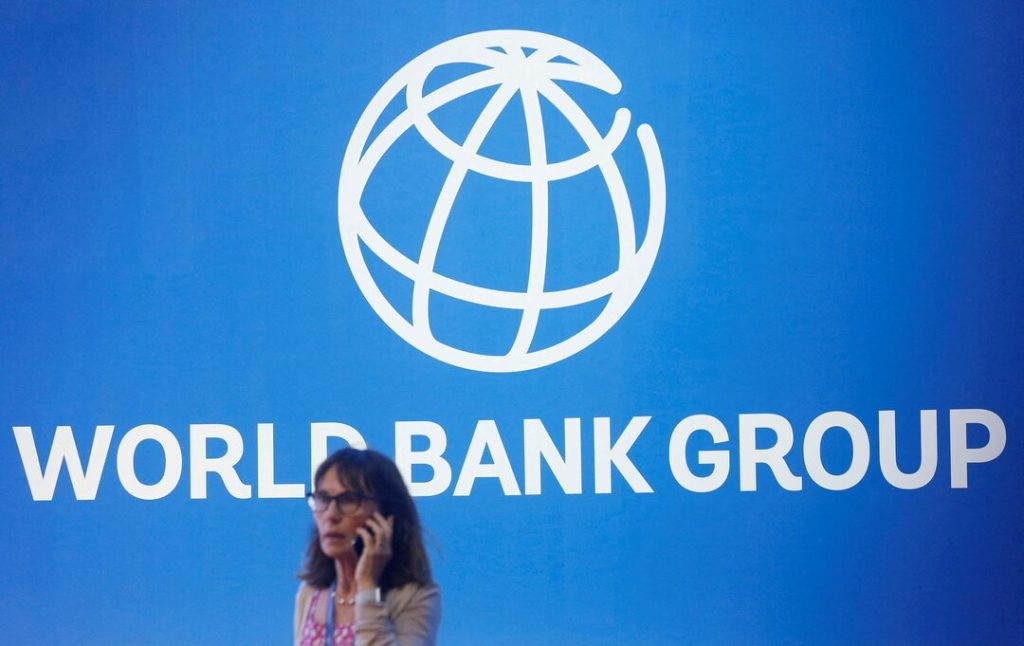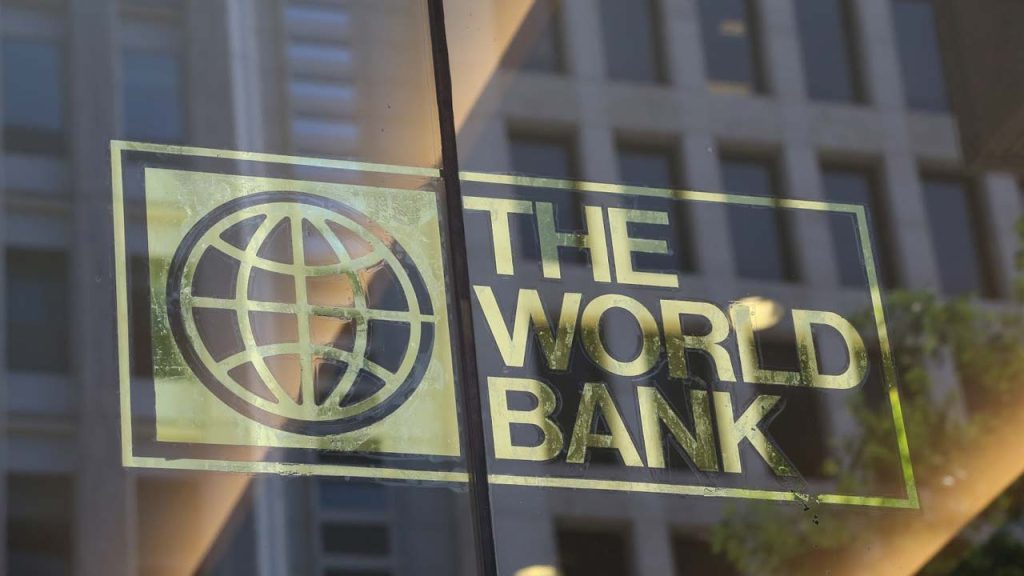Dr. Chima Okoro, a lecturer from the Department of Psychology at the University of Lagos, has linked climate change to the rising cases of psychological trauma in Nigeria. Speaking at the 2025 Trauma International Community of Practice event, organized by the Bible Society of Nigeria (BSN) in Lagos on February 18-19, 2025, Okoro highlighted how increasing temperatures, environmental degradation, and socio-economic challenges are contributing to a mental health crisis in the country.
Climate Change and Mental Health: A Growing Concern
Dr. Okoro referenced various studies, including an Australian study that found heat waves lead to increased hospital admissions for mental disorders. He emphasized that rising temperatures have been linked to mood disorders, anxiety disorders, and even dementia.
“As we know, extreme heat can lead to both physical and psychological exhaustion. The relationship between climate change and trauma is evident because these environmental stressors trigger psychological discomfort and distress,” he explained.
Understanding Climate Anxiety and Its Psychological Effects
Okoro also spoke about climate anxiety, which refers to persistent worry or fear about the future of the planet and the consequences of climate change. He noted that this anxiety manifests in different ways, including:
- Increased stress and anxiety: The uncertainty of future environmental conditions is a significant stressor.
- Depression: Deep concerns about climate issues can lead to feelings of helplessness and sadness.
- Fear and anger: Individuals often feel frustration and resentment towards those who contribute to environmental degradation.
The Societal Impact of Trauma in Nigeria
Bishop Timothy Banwo, President of the Bible Society of Nigeria (BSN), noted that trauma acts as a barrier to spiritual and emotional healing, affecting people’s ability to engage with their faith.
“Trauma is one of the major obstacles to meaningful scriptural engagement. According to the parable of the sower in Matthew 13, trauma is like the ‘thorns’ that choke the word of God, making it difficult for people to receive healing,” he stated.
Banwo further pointed out that the economic crisis, insurgency, banditry, kidnapping, and displacement have worsened trauma levels in Nigeria. Many Nigerians have been forced to flee their homes, live in Internally Displaced Persons (IDP) camps, or endure extreme poverty and violence.
“A lot of people are no longer in their communities. Some live in IDP camps, especially in the northern part of the country. We have cases of ransom kidnappings, sexual abuse, ritual killings, and economic hardship, all contributing to the high levels of trauma among Nigerians,” he explained.
Faith Leaders and Mental Health Experts Weigh In
Rev. Dr. Azuka Ogbolumani, Chaplain of the Chapel of Christ Our Light at the University of Lagos, stressed that global uncertainties and crises will continue to escalate. He emphasized the importance of understanding how different individuals respond to trauma, noting that cultural background and environmental factors play a significant role in people’s coping mechanisms.
Dr. Yetunde Fasakin, a psychiatrist and Chief Medical Director of Amazing Healthcare Specialist Hospital, expressed concern over the rising number of people silently battling depression and internal trauma.
“I see it every day—patients walk in crying, feeling isolated, and believing they have no family or support system. Many are experiencing deep psychological distress but feel they have no one to turn to,” she noted.
She urged Nigerians to start the healing process within their families, breaking cycles of conflict and emotional trauma.
The Bible Society of Nigeria’s Trauma Healing Initiative
The Bible Society of Nigeria (BSN) launched a trauma healing project in 2016 in collaboration with the American Bible Society, aiming to help Nigerians recover from emotional and psychological distress.
Mrs. Grace Benjamin, Manager of Distributions and Programmes at BSN, highlighted the organization’s impact, stating that the trauma healing program has reached over three million people through in-person and radio programs.
“Our cluster strategy provides mentorship opportunities to trained facilitators to organize effective healing groups. Additionally, our Hybrid Audio Trauma Healing program on the radio allows facilitators to interact with listeners live in the studio and take their calls,” she explained.
Conclusion
The discussions at the 2025 Trauma International Community of Practice emphasized the urgent need for mental health awareness and trauma healing in Nigeria. As climate change, economic challenges, and security crises continue to take a toll on the population, experts and faith leaders are calling for collective action to address psychological trauma.
From government intervention and mental health services to faith-based support systems, the consensus is clear: addressing trauma is essential for individual well-being and societal stability in Nigeria.













